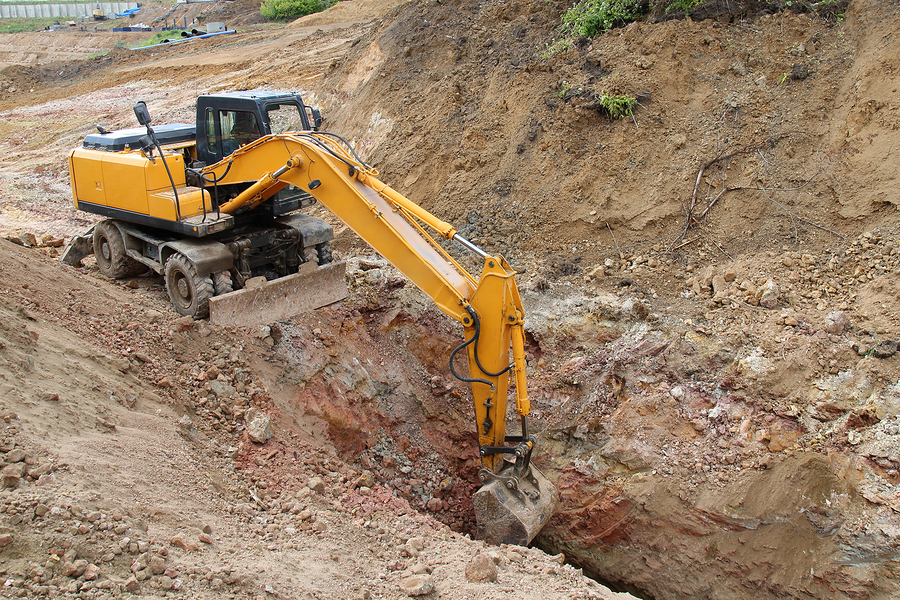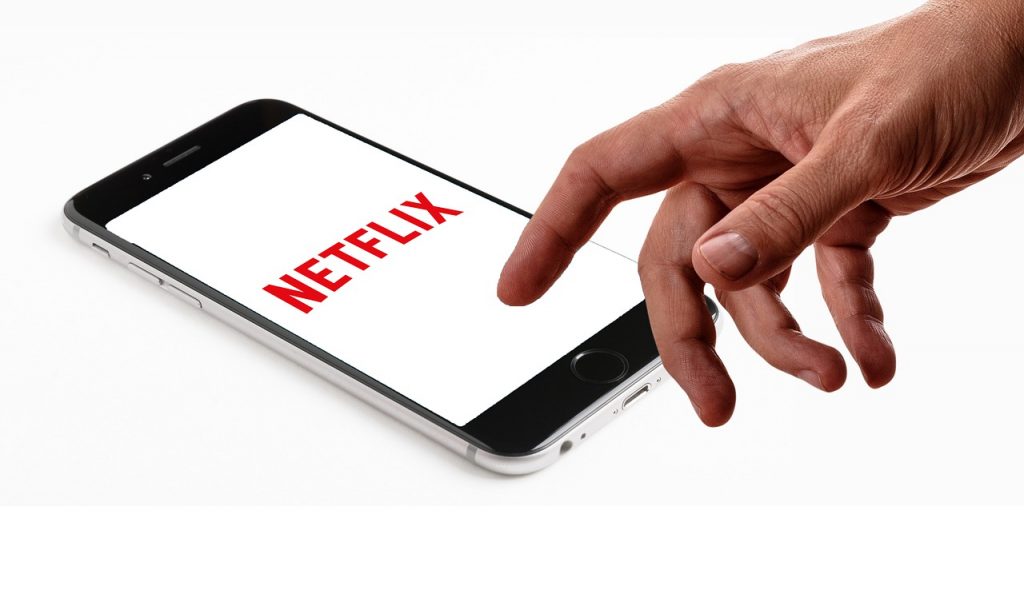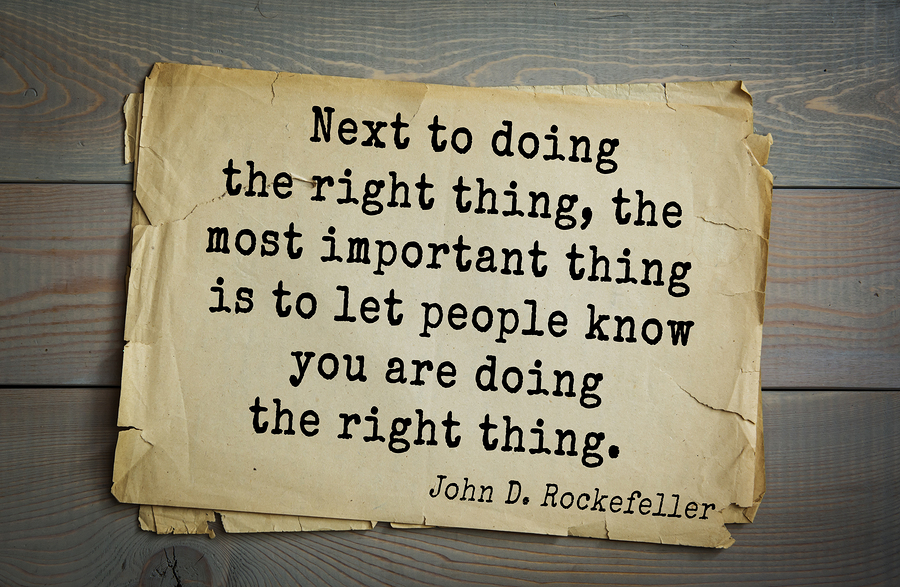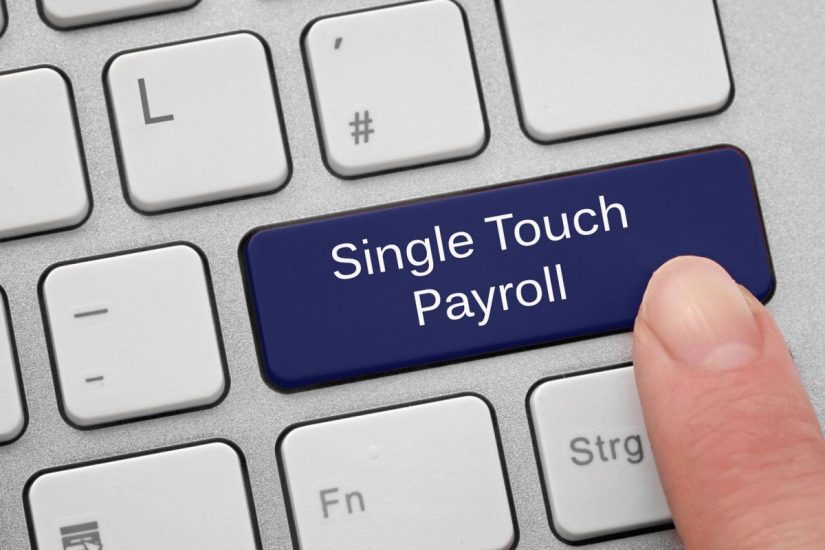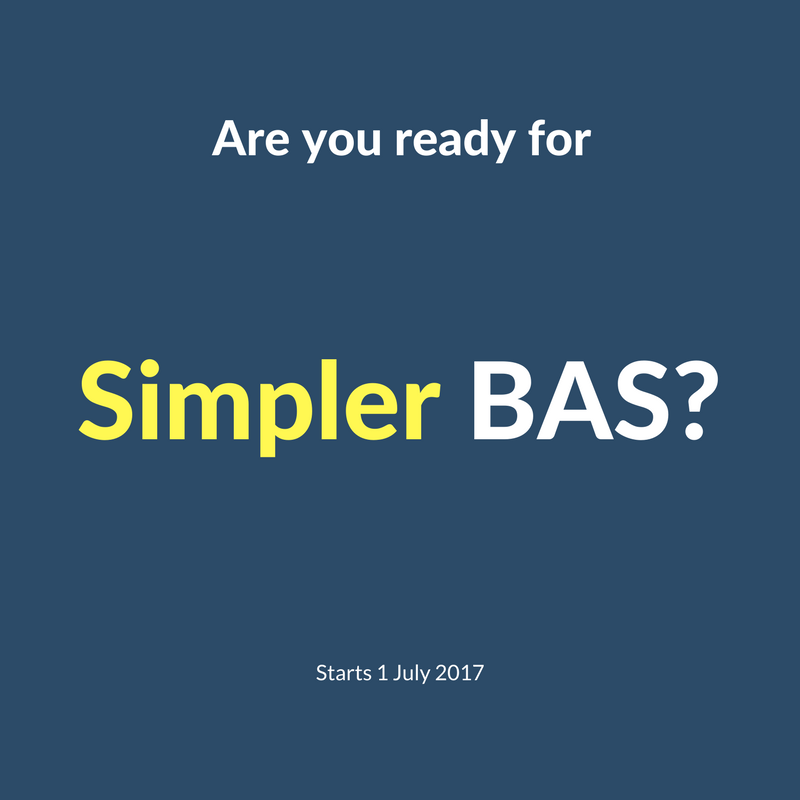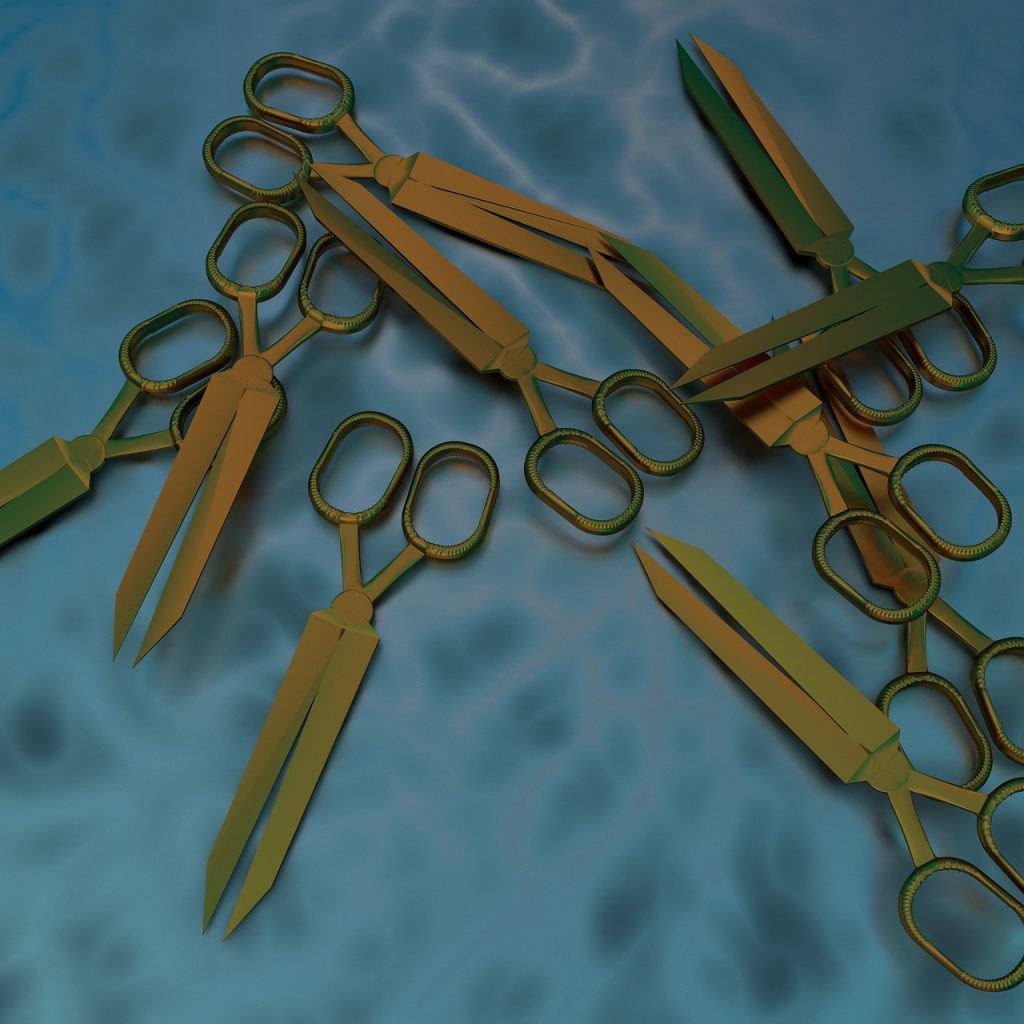Sadly, early in January 2017 my bookkeeping assistant, Tash Hilton, decided bookkeeping was not for her and left e-BAS Accounts. We wish Tash well as she endeavours to undertake a career as a Bowen Therapist. It was definitely a battle getting through the Oct-Dec 2016 BAS pile without her during February and the stress levels were very high around here as a result! I thought I would have to go through the whole process of advertising, interviewing, trialling, training etc. again, but luckily for me, I haven’t had to bother! My daughter suggested I call her friend, Ellie Ryan who is a trained bookkeeper. Long story short, Ellie has been trying out with e-BAS Accounts these last few weeks and has turned out to be a perfect fit. I am very lucky indeed. Ellie is currently studying a dual Certificate IV in Financial Services (Bookkeeping & Accounting) and is aiming to become a BAS Agent. Her completed hours with e-BAS Accounts will assist her with her registration when the time comes. I am very happy to be a part of her bookkeeping journey and hope her skills and knowledge improve during her time with us.
Just as I did with Tash Hilton, I have decided to introduce Ellie here via a short interview so you can get to know her. So here it is, my interview with Ellie, my new staff member:
…
Introducing our new staff member, Ellie RyanRead More »

